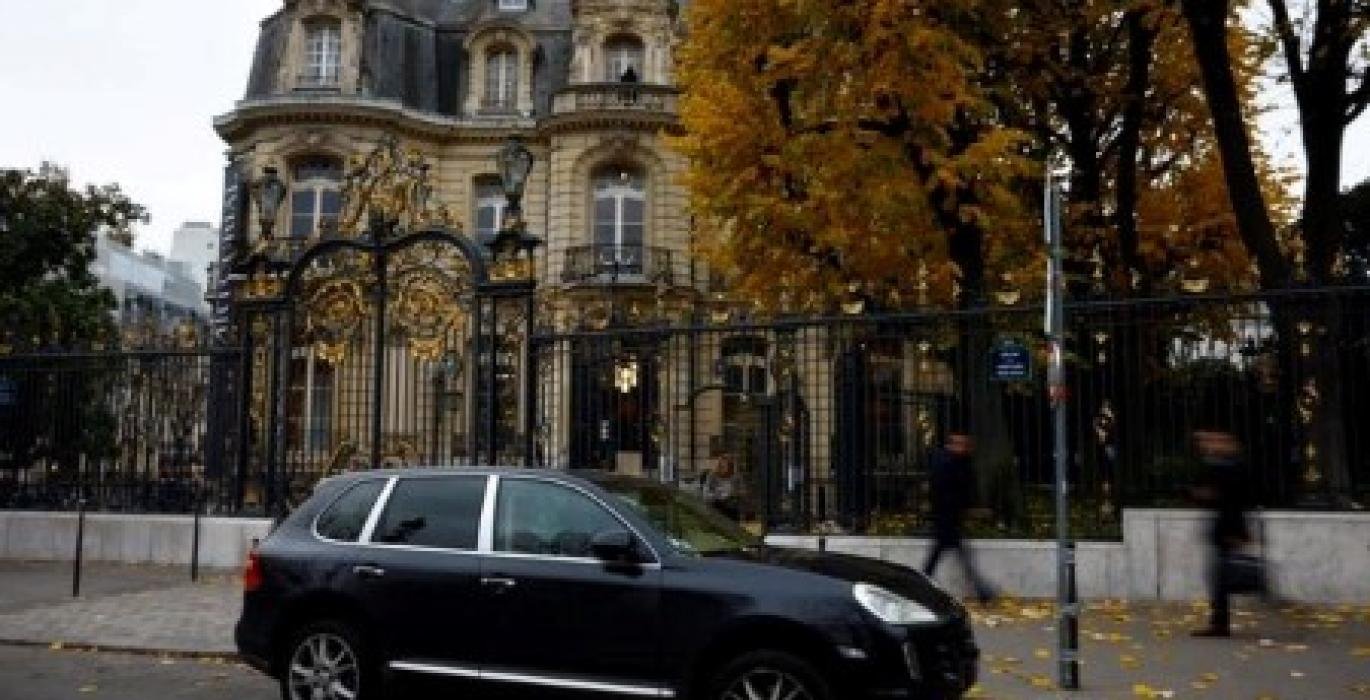Paris is gearing up for a significant environmental policy shift aimed at reducing the number of large sports utility vehicles (SUVs) in the city center. In an effort to tackle congestion and environmental pollution, the French capital is planning a referendum on February 4 to decide on increasing parking fees for heavier vehicles.
This initiative follows the city’s recent ban on rental scooters, reflecting Paris’ ongoing commitment to reshaping its urban mobility. The proposed policy targets SUVs, which are often criticized for their size and environmental impact. Paris’ City Hall intends to implement higher parking charges for thermal engine cars weighing over 1.6 tonnes and for electric vehicles weighing more than two tonnes.
The city plans to use scanners to read vehicle license plates, which will provide information on the car’s model and weight, thereby determining the applicable parking fee. David Belliard, Deputy Mayor of Paris and an advocate for ecological policies, emphasized the need to reduce both the size and number of cars in the city. This move is part of a broader strategy under Mayor Anne Hidalgo to discourage car usage and promote cleaner transportation alternatives, including an extensive bicycle lane network.
Belliard’s stance is clear: the city aims to send a message to wealthy private car owners that their vehicles will soon be unwelcome in Paris. He also called on car manufacturers to cease production of SUVs, labeling them as too polluting, expensive, and unsuitable for city centers.
This initiative has sparked varied reactions among Parisians and car enthusiasts. Philippe Noziere, president of a car drivers’ association, pointed out that cars have become heavier and bulkier over time due to advancements in safety and comfort. He emphasized the efforts made by manufacturers to improve these vehicles, although this has resulted in increased weight.
However, Paris resident Henri Duret expressed strong support for the proposed measure, viewing SUVs as relics of a bygone era and symbols of environmental disregard. Duret argued that heavier vehicles consume more fuel and, therefore, pollute more, making it reasonable to impose higher taxes on them.
As Paris moves forward with its environmental agenda, the upcoming referendum on SUV parking fees marks a critical step in the city’s journey towards sustainable urban living and reduced congestion. The decision will set a precedent for how large vehicles are accommodated in densely populated urban areas, with implications for city planning and environmental policy.
READ MORE:
